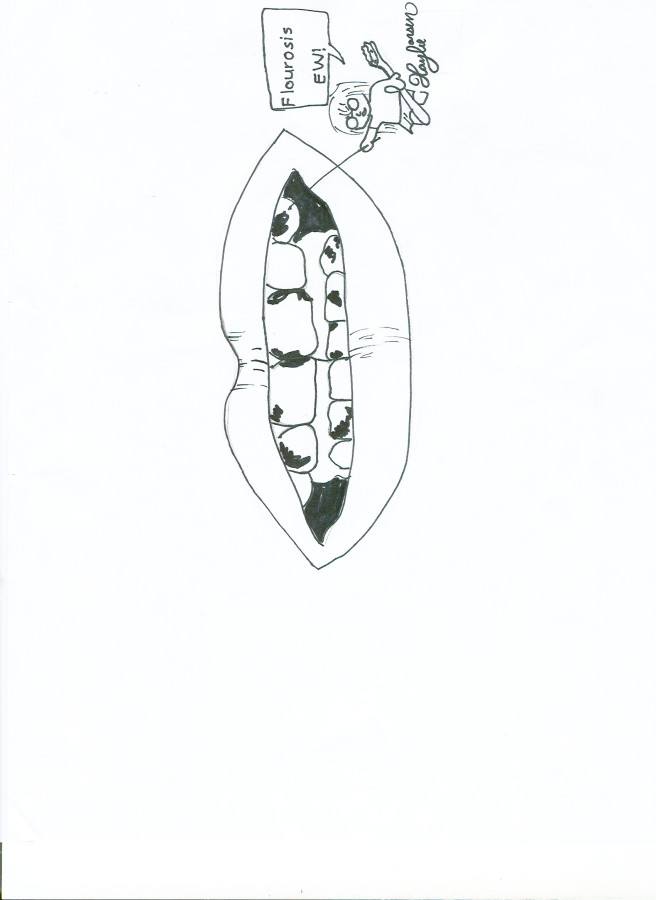Besides pure H2O, tap water contains minerals or other substances. Only one of these is purposefully added in to prevent cavities: fluoride. This seemed like a good idea, until the government announced recently that recommended fluoride levels are probably too high. Fluoride levels in our water supply need to be significantly lowered until we truly understand its effects.
Since the 1960s, when water fluoridation became widespread, there have been conflicting studies as to its side effects. Most scientists agree fluoride strengthens enamel, and most agree that large doses of fluoride can lead to fluorosis (white or brown spots on teeth). However, the size of a healthy dose in water and other side effects are still disputed.
The United States government plans to lower the recommended level of fluoride from a range of 0.7 to 1.2 milligrams per liter to just 0.7 milligrams, in response to new fluorosis studies showing that two out of five adolescents have spots on their teeth.
Lake Zurich’s tap water in 2009 was above the new recommended level, according to the Lake Zurich website.
The Environmental Protection Agency is also considering lowering the maximum fluoride level from the much higher four milligrams, according to a January Daily Herald article.
These examinations are too late. The government should have looked further into studies showing the dangers of high fluoride levels before it began recommending water fluoridation. Some studies, like one from the National Academy of Sciences (NAS), have found that fluoride can lead to brittle bones. The NAS also found that two milligrams of fluoride per liter (half the legal maximum) can lead to severe fluorosis, according to the Daily Herald.
Anyone fourteen and older could get more of a benefit from fluoride and avoid potential bone problems with fluoride toothpaste or rinse.
“It is better to ingest fluoride for kids up to 12 years old, because that is when teeth are still forming,” Tammy Swenson, dental hygienist at Lake Zurich Dental, said. “After that, it is better to apply fluoride outside the tooth in a toothpaste or rinse.”
For younger kids with developing teeth, fluoride supplements are available, making fluoride in water unnecesary.
“The main benefit of fluoride is topical: you put it on the enamel to recharge it,” Martha Ann Keels, division chief of pediatric dentistry at Duke University, told the Washington Post. “It’s like putting shoe polish on your shoe.”
Lake Zurich and other communities need to lower their fluoride levels to the new recommendation. In addition, people should not rely on a possibly risky treatment to keep their teeth healthy. If a people do not want cavities, it is their responsibility to take care of their teeth, not the government’s.

